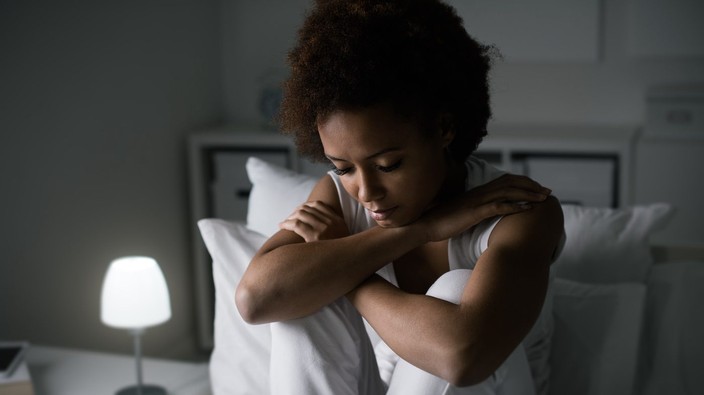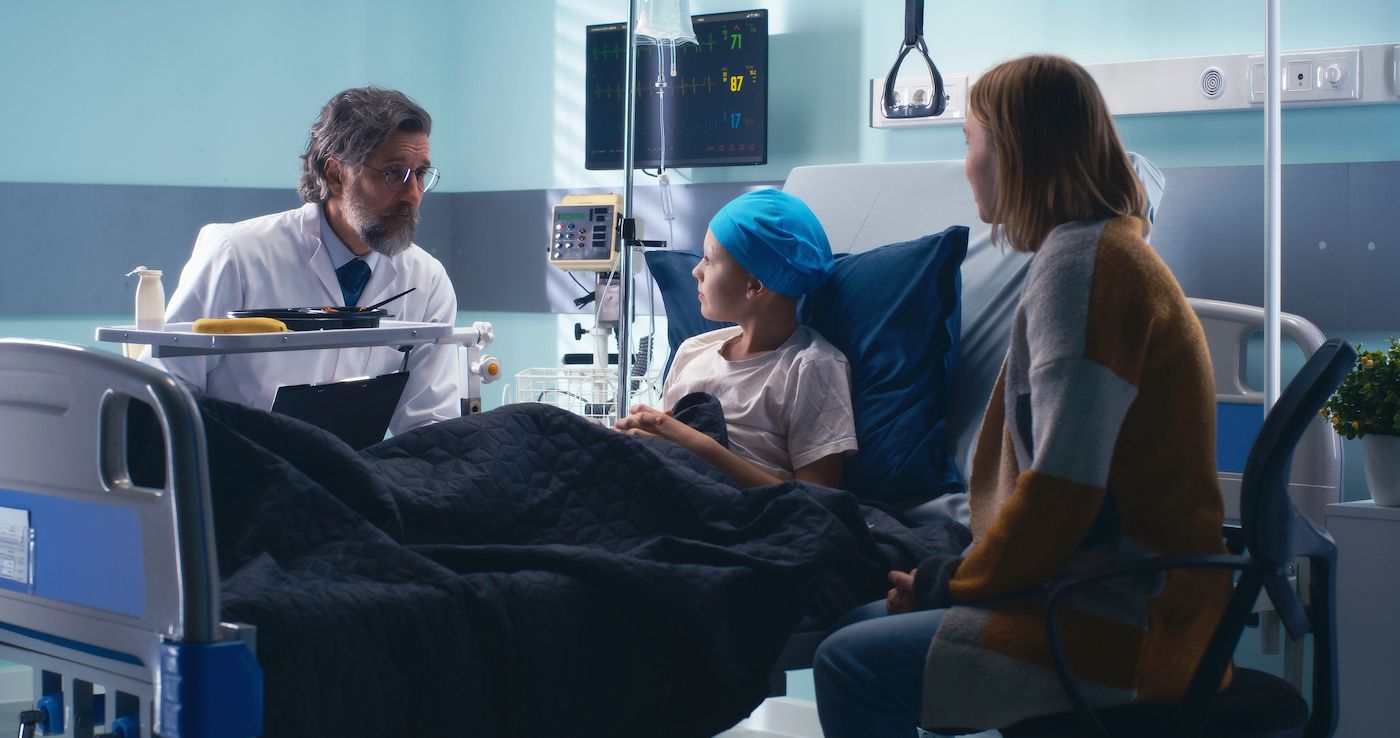‘cure is not enough’: young cancer survivors face a shorter lifespan
researchers have found that adolescents and young adult survivors of cancer experience side effects and lack of access to quality health care that impacts overall survival.
chronic love: dating, sex and living with illness
dating is already hard. add a chronic illness to the mix, and well, it can be hell.
aging well secrets: ‘having a great sex partner who engages with me at least three times a week is just fabulous’
the true golden years: anne thureson, 75, beat cancer twice, works out every day, has used her maturity to developed deeper relationships and vows to never speaks negatively of herself.
 3 minute read
3 minute read









